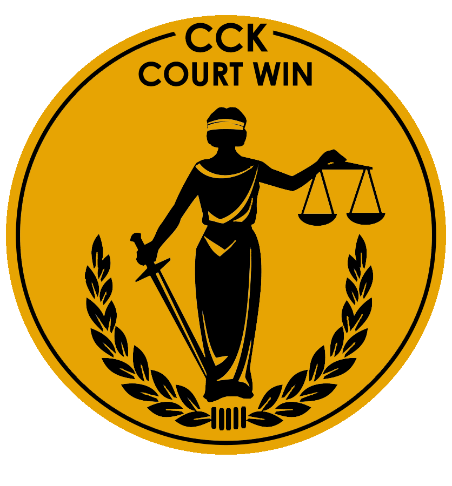Denial of individual unemployability relied on inadequate reasons or bases

Summary
The Veteran served on active duty in the Army from 1967 to 1969, including service in Vietnam. While in service he came under frequent incoming fire and rocket attacks that killed or wounded a number of his fellow soldiers. He was also involved in an attack on a village that killed innocent civilians. Furthermore, he was once threatened at gunpoint by a soldier under his command. VA granted the Veteran service connection for PTSD with a 30% rating. He later received an increase to a 70% rating. The Veteran stopped working in 2003. He submitted a claim for individual unemployability (IU), which was denied.
Board denied individual unemployability
The Board twice remanded the claim to the RO. It was first remanded for “a medical opinion addressing the question of whether the Veteran’s service-connected psychiatric disorder renders him unemployable,” and second, for clarification of the effective date of the 70% rating. The Board granted the Veteran a 70% rating for the entire period on appeal, denied a rating in excess of 70% from May 2012, and denied IU in a September 2016 decision.
CCK appeals to the Court
CCK successfully appealed to the Court the denial of IU. In its decision, the Board noted the Veteran’s emotional problems at work and arguments with coworkers. It was also reported that he had thoughts of hurting others. Despite these symptoms the Board found that the Veteran maintained employment until 2003. The Board also determined that his twice weekly church attendance showed he could manage his symptoms.
CAVC agrees with CCK’s arguments
CCK argued, and the Court agreed, that the Board’s statement of reasons or bases for denying IU was inadequate. The Court did “not understand how the appellant’s ability to work in 2003 is relevant to the appellant’s employability for the period on appeal,” it was “unclear how going to church is indicative of the appellant’s employability, as attending brief individually-based social functions bears no resemblance to working in a stressful work environment.” Accordingly, the Court vacated the Board’s decision and remanded the matter for readjudication.
About the Author
Share this Post
